
Ottawa: Canada's Charming Capital
Ottawa, the capital city of Canada, is a vibrant and picturesque destination that offers a perfect blend of history, culture, and natural beauty. Nestled along the banks of the Ottawa River, this city is known for its stunning architecture, lush green spaces, and diverse population. Visitors to Ottawa can explore the historic Parliament Hill, home to Canada's federal government. The iconic Gothic Revival buildings are a sight to behold, especially during the Changing of the Guard ceremony. Stroll along the Rideau Canal, a UNESCO World Heritage Site, which transforms into the world's largest skating rink in winter. In summer, enjoy a boat tour or a leisurely walk along its scenic pathways. Ottawa's museums are among the best in the country. The Canadian Museum of History offers a deep dive into the nation's past, while the National Gallery of Canada boasts an impressive collection of Canadian and Indigenous art. Don't miss the ByWard Market, a bustling area filled with local artisans, fresh produce, and eclectic eateries. Nature lovers will appreciate Gatineau Park, just a short drive from downtown Ottawa. This vast park offers hiking, cycling, and stunning views of the Canadian Shield. In spring, the city comes alive with the Canadian Tulip Festival, showcasing millions of blooming tulips in a spectacular display. From its rich cultural heritage to its outdoor adventures, Ottawa has something for every traveler. Whether you're a history buff, an art enthusiast, or an outdoor adventurer, this charming city will leave you with unforgettable memories.
Local tips in Ottawa
- Visit Parliament Hill early in the morning to avoid crowds and get the best photos.
- During winter, rent skates and glide along the Rideau Canal for a unique experience.
- Check out the local food scene at ByWard Market, especially the famous BeaverTails pastries.
- Explore Gatineau Park during fall for breathtaking foliage views.
- Use the city's extensive network of bike paths to discover Ottawa on two wheels.
Neighbourhoods in Ottawa
Ottawa: Canada's Charming Capital
Ottawa, the capital city of Canada, is a vibrant and picturesque destination that offers a perfect blend of history, culture, and natural beauty. Nestled along the banks of the Ottawa River, this city is known for its stunning architecture, lush green spaces, and diverse population. Visitors to Ottawa can explore the historic Parliament Hill, home to Canada's federal government. The iconic Gothic Revival buildings are a sight to behold, especially during the Changing of the Guard ceremony. Stroll along the Rideau Canal, a UNESCO World Heritage Site, which transforms into the world's largest skating rink in winter. In summer, enjoy a boat tour or a leisurely walk along its scenic pathways. Ottawa's museums are among the best in the country. The Canadian Museum of History offers a deep dive into the nation's past, while the National Gallery of Canada boasts an impressive collection of Canadian and Indigenous art. Don't miss the ByWard Market, a bustling area filled with local artisans, fresh produce, and eclectic eateries. Nature lovers will appreciate Gatineau Park, just a short drive from downtown Ottawa. This vast park offers hiking, cycling, and stunning views of the Canadian Shield. In spring, the city comes alive with the Canadian Tulip Festival, showcasing millions of blooming tulips in a spectacular display. From its rich cultural heritage to its outdoor adventures, Ottawa has something for every traveler. Whether you're a history buff, an art enthusiast, or an outdoor adventurer, this charming city will leave you with unforgettable memories.
When is the best time to go to Ottawa?
Iconic landmarks you can’t miss
Parliament Hill
Experience the heart of Canadian democracy at Parliament Hill, where history, architecture, and culture converge in Ottawa's iconic landmark.

Canadian War Museum
Explore Canada's military history at the Canadian War Museum, where powerful stories and artifacts reveal the nation's journey through conflict and peace.
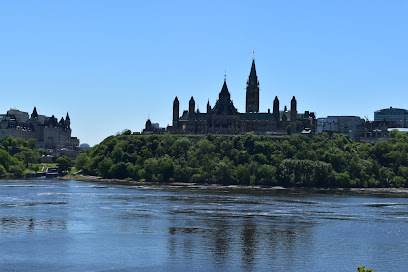
Rideau Canal National Historic Site
Experience the stunning beauty and rich history of Rideau Canal National Historic Site, a UNESCO World Heritage treasure in the heart of Ottawa.
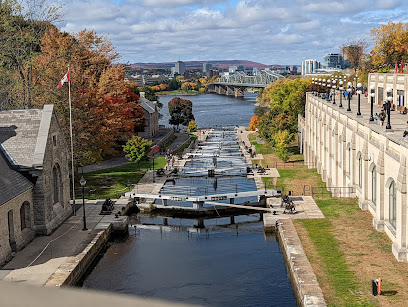
The National War Memorial
Discover the National War Memorial in Ottawa, a striking tribute to Canada's brave soldiers, surrounded by history and beauty.
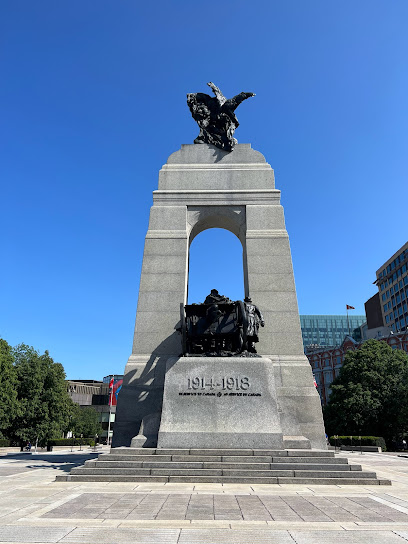
Notre Dame Cathedral Basilica
Discover the awe-inspiring Notre Dame Cathedral Basilica, Ottawa's iconic Gothic Revival masterpiece, rich in history and spiritual beauty.
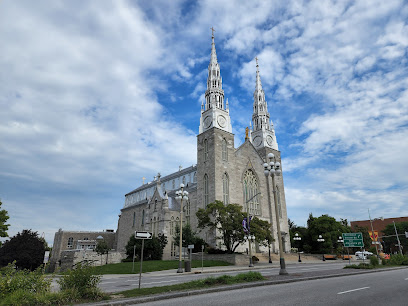
Major's Hill Park
Discover Ottawa's oldest park: breathtaking views, rich history, and a tranquil escape in the heart of downtown, next to the ByWard Market.
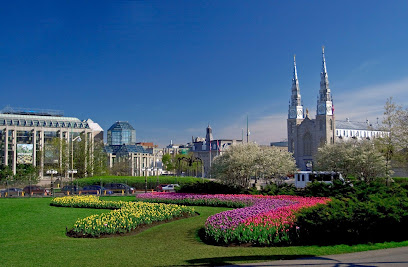
Confederation Park
Discover a serene urban retreat in Ottawa's Confederation Park, featuring monuments, events, and a tranquil atmosphere in the heart of the city.
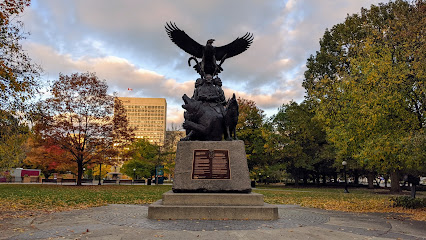
Royal Canadian Mint
Explore the fascinating world of coinage at the Royal Canadian Mint in Ottawa. Witness artistry, history, and technology come together.
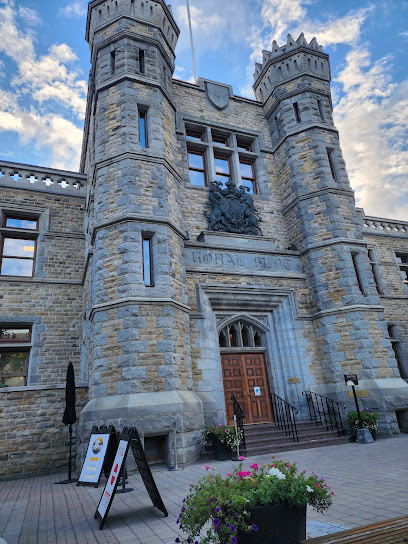
Haunted Walk of Ottawa
Explore Ottawa's haunted history on the Haunted Walk, where chilling tales and ghostly encounters intertwine with the city's rich past.
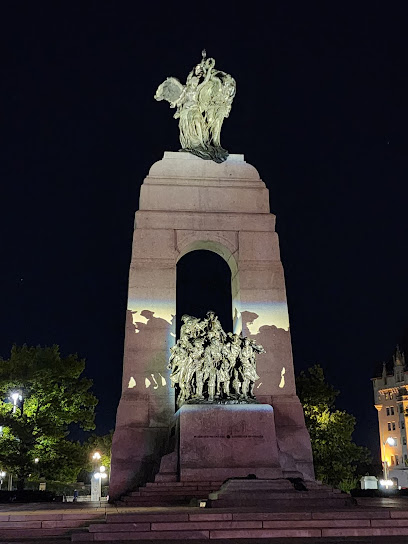
Centennial Flame
A symbol of Canadian unity and history, the Centennial Flame on Parliament Hill commemorates the nation's enduring spirit.
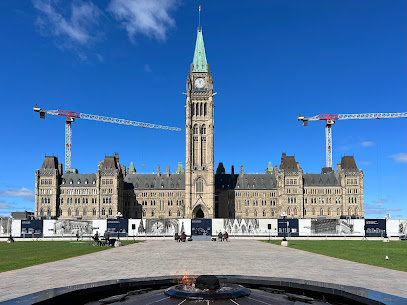
Rideau Canal, Locks 1 - 8 - Ottawa
Experience the charm of Ottawa's Rideau Canal, a UNESCO World Heritage Site, ideal for year-round recreational activities and scenic views.
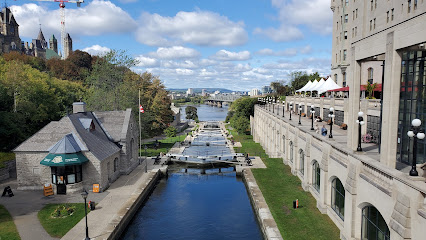
Pinhey's Point Historic Site
Explore the historical charm and natural beauty of Pinhey's Point Historic Site, a must-visit destination on the Ottawa River.
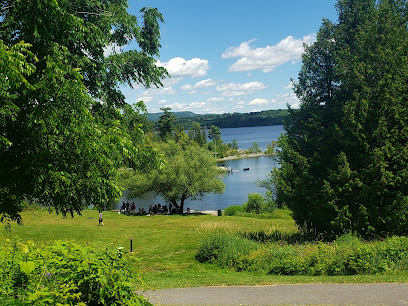
Rideau Hall
Explore Rideau Hall: the historic residence of Canada's Governor General, offering year-round tours and scenic grounds in the heart of Ottawa.
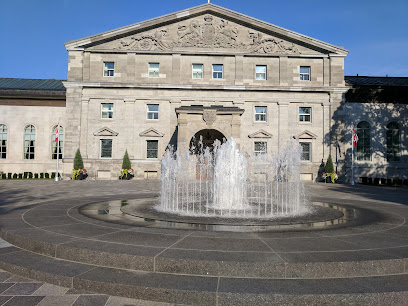
Bytown Museum
Explore Ottawa's captivating history at Bytown Museum, where the past comes alive through engaging exhibits and stunning views along the Rideau Canal.
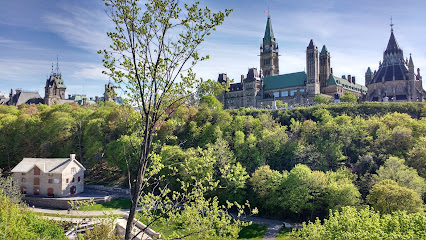
The Corktown Footbridge
Explore the stunning Corktown Footbridge in Ottawa, a scenic pedestrian bridge connecting neighborhoods and offering breathtaking city views.
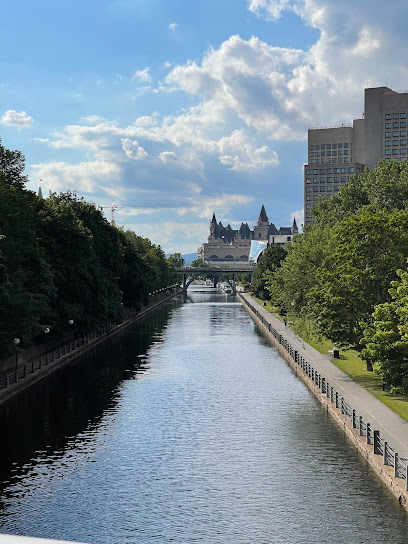
Unmissable attractions to see
Parliament Hill
Explore Parliament Hill, the iconic heart of Canadian democracy, featuring stunning architecture, rich history, and engaging cultural experiences in Ottawa.
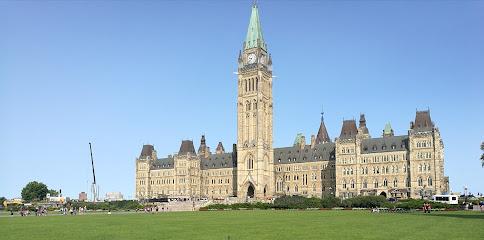
Canadian Museum of Nature / Musée canadien de la nature
Discover Canada's natural wonders at the Canadian Museum of Nature, a captivating experience for all ages in the heart of Ottawa.
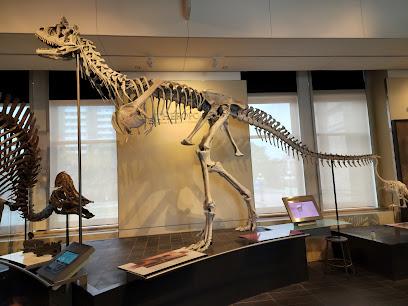
Canadian Museum of History
Discover the essence of Canadian heritage at the Canadian Museum of History, where history comes alive through immersive exhibits and stunning architecture.
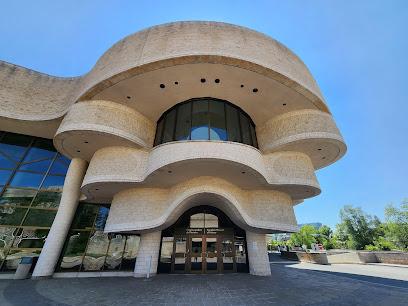
National Gallery of Canada
Discover the National Gallery of Canada in Ottawa, where art and culture come alive through an extensive collection and stunning architecture.
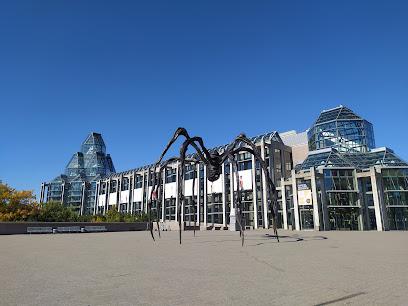
Canadian War Museum
Discover the profound stories of sacrifice and valor at the Canadian War Museum, a must-see attraction in Ottawa celebrating Canada's military legacy.
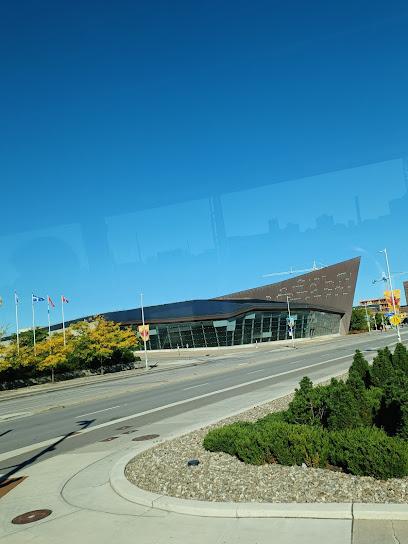
Casino du Lac-Leamy
Experience the thrill of gaming and luxury dining at Casino du Lac-Leamy, a top tourist attraction in Gatineau, Quebec.
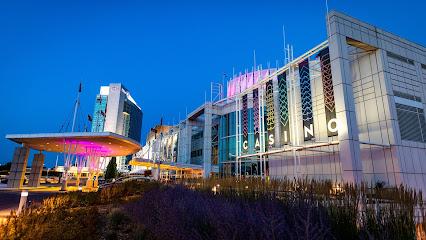
Canada Science and Technology Museum
Explore the wonders of science and technology at the Canada Science and Technology Museum, a premier destination for innovation in Ottawa.
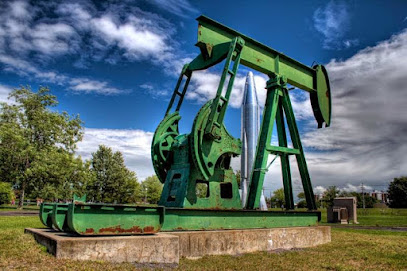
Canadian Tire Centre
Discover the excitement of live sports and entertainment at the Canadian Tire Centre in Ottawa, home to the NHL's Senators and world-class events.
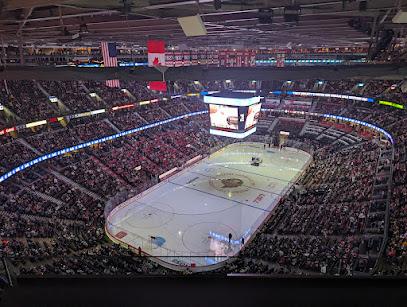
Canada Aviation and Space Museum
Explore the rich history of flight at the Canada Aviation and Space Museum, showcasing iconic aircraft and interactive exhibits for all ages.
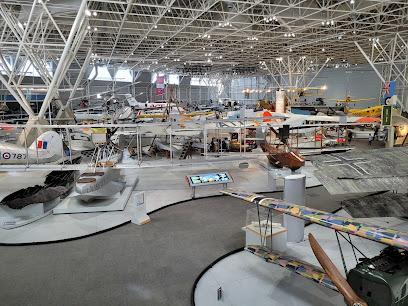
TD Place
Discover TD Place, Ottawa's dynamic stadium for thrilling sports, concerts, and community events in the heart of the Glebe.
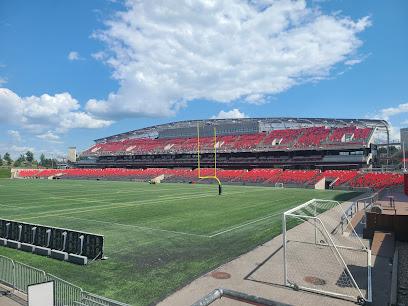
Mooney's Bay Park and Beach
Experience the serene landscapes and diverse recreational activities at Mooney's Bay Park and Beach in Ottawa, Ontario, a perfect destination for families and nature lovers.
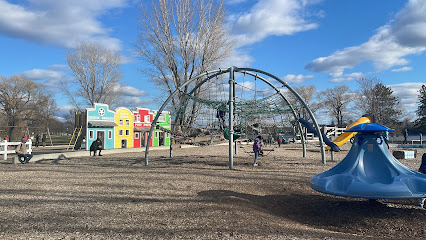
The National War Memorial
Explore the National War Memorial in Ottawa, a powerful symbol of remembrance and tribute to Canada’s courageous soldiers throughout history.
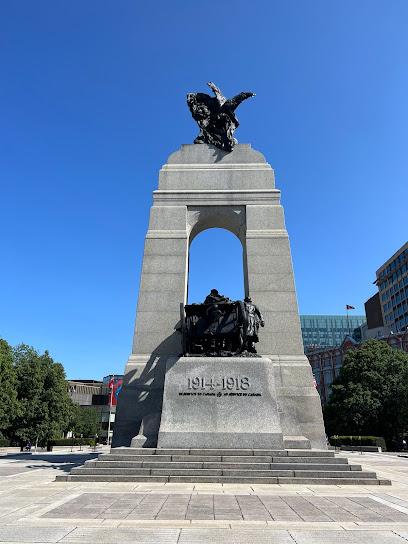
Notre Dame Cathedral Basilica
Explore the iconic Notre Dame Cathedral Basilica, a stunning architectural gem in Ottawa, showcasing rich history and vibrant spirituality.
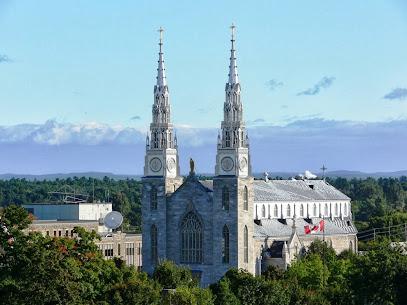
Hog's Back Park
Explore Hog's Back Park in Ottawa: A serene urban escape with stunning waterfalls, lush trails, and beautiful picnic spots along the Rideau River.
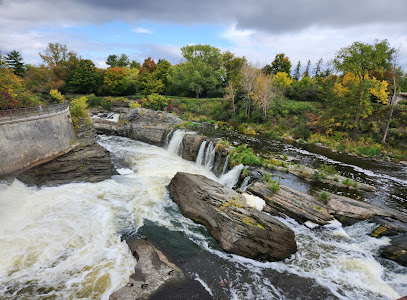
Aulde Dubliner & Pour House - ByWard Market, Ottawa ON
Experience authentic Irish hospitality at Aulde Dubliner & Pour House, a lively pub in ByWard Market, Ottawa, known for its hearty meals and vibrant atmosphere.
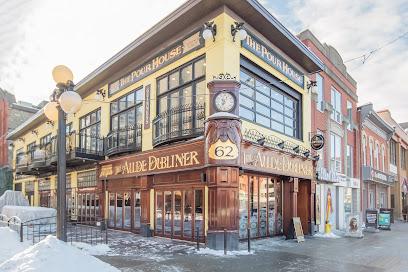
Essential places to dine
Zak's Diner
Experience Ottawa's vibrant food scene at Zak's Diner – where American classics meet Canadian comfort in the heart of Byward Market.
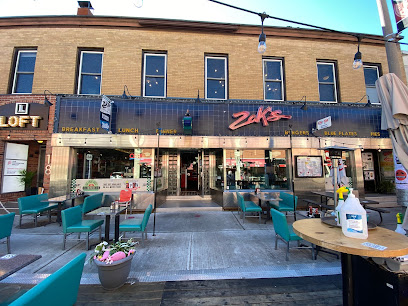
JOEY Rideau
Experience modern dining at JOEY Rideau: where diverse flavors meet vibrant atmosphere in Ottawa's Byward Market.
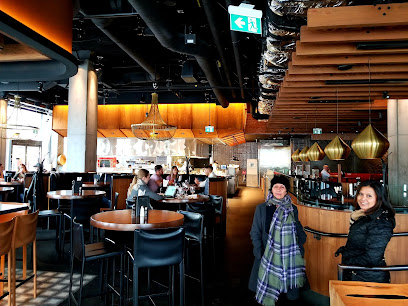
The Keg Steakhouse + Bar - Ottawa Market
Discover exquisite steak and seafood dining at The Keg Steakhouse + Bar in Ottawa's vibrant Byward Market.
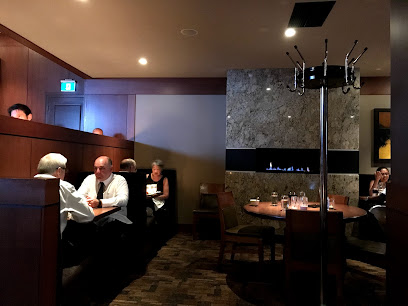
Chez Lucien
Discover authentic French cuisine at Chez Lucien in Ottawa's Byward Market—where every meal is a celebration of flavor and ambiance.
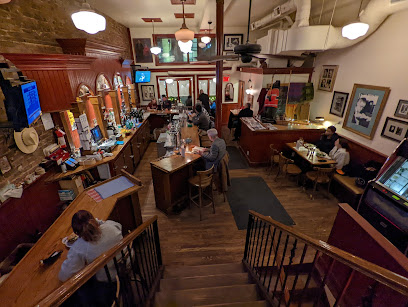
Johnny Farina
Savor authentic Italian cuisine at Johnny Farina in Ottawa's Centretown - a culinary gem offering pizza, pasta & fine wines.
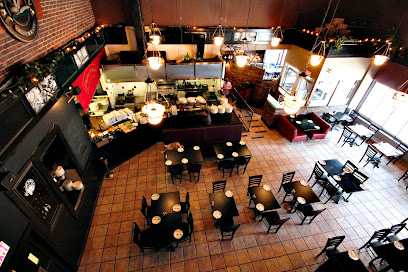
The Green Door Restaurant & Bakery
Discover fresh flavors at The Green Door Restaurant & Bakery - Ottawa's top destination for vegetarian cuisine with organic and gluten-free options.
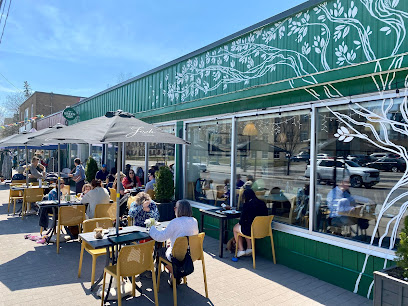
Coconut Lagoon
Experience the essence of modern Indian cuisine at Coconut Lagoon in Ottawa - where tradition meets innovation in every delicious dish.
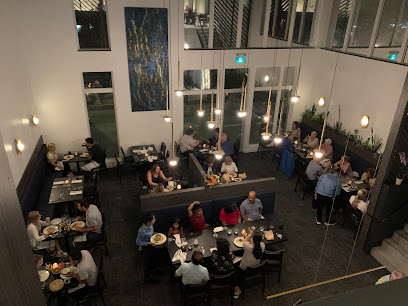
North & Navy
Experience authentic Northern Italian cuisine at North & Navy in Ottawa—where tradition meets culinary excellence.
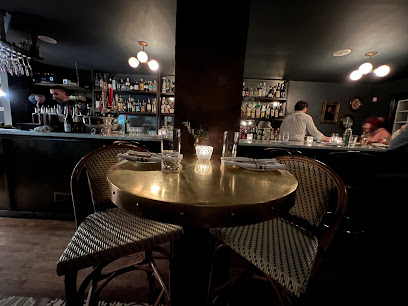
EVOO Greek Kitchen
Experience authentic Greek cuisine at EVOO Greek Kitchen in Ottawa's Little Italy—where every dish tells a story of tradition and flavor.
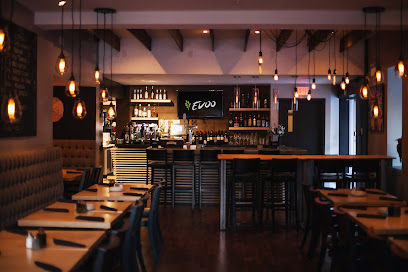
Riviera Ottawa
Experience exquisite dining at Riviera Ottawa - where historic charm meets modern culinary excellence in Canada's capital.
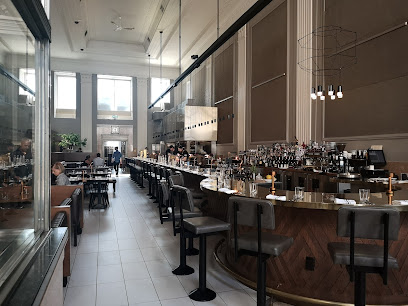
Gezellig
Experience exceptional Canadian cuisine at Gezellig in Ottawa's Westboro neighborhood – where every meal is a celebration of flavor.
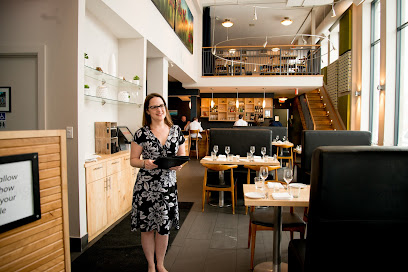
Giovanni's Restaurant
Experience authentic Italian flavors and fine dining elegance at Giovanni's Restaurant in Ottawa's Little Italy.
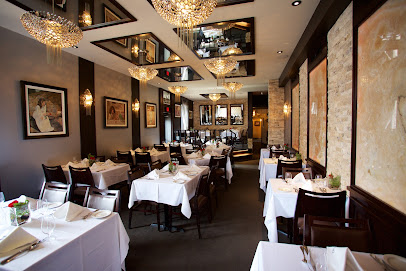
Play Food & Wine
Experience innovative dining at Play Food & Wine in Ottawa - where seasonal ingredients meet shareable plates in a vibrant atmosphere.
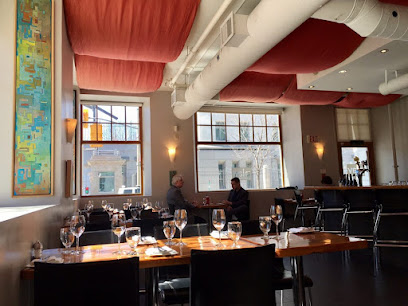
Canal Ritz
Experience exquisite Italian dining with stunning canal views at Canal Ritz in Ottawa's charming Glebe neighborhood.
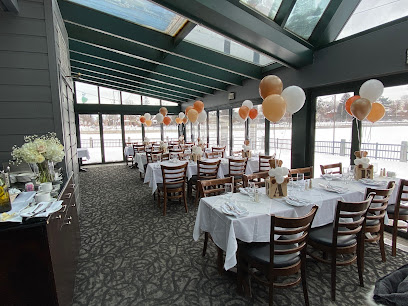
Metropolitain Brasserie Restaurant
Indulge in authentic French cuisine at Metropolitain Brasserie - where Parisian charm meets Canadian hospitality.
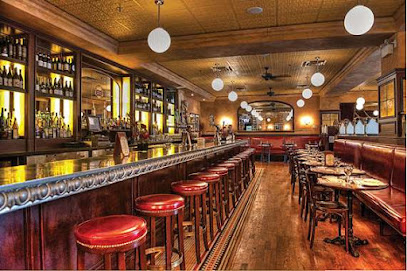
Markets, malls and hidden boutiques
The Modern Shop
Explore The Modern Shop in Ottawa's Little Italy for unique gifts, stylish furniture, and exquisite home decor that define contemporary design.
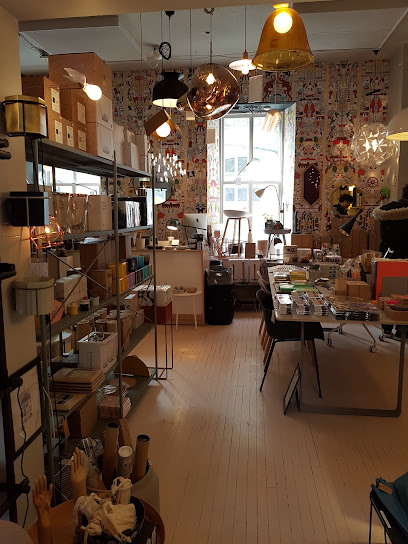
Maker House Co.
Explore Maker House Co. - Ottawa's premier gift shop featuring unique, locally-made art, crafts, and gourmet goods for the perfect souvenir.
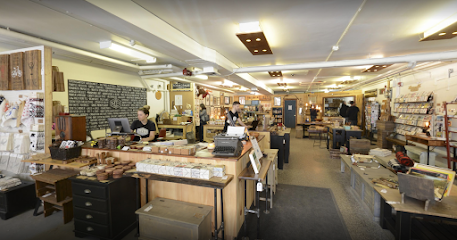
Beaded Dreams
Discover the rich heritage of Indigenous artistry at Beaded Dreams, Ottawa's premier Native American goods store, featuring exquisite handcrafted treasures.
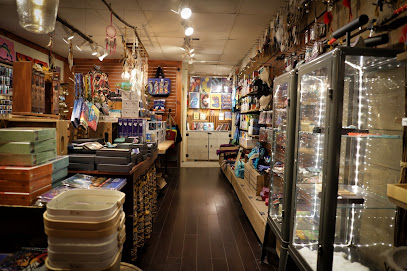
Urban Outfitters
Explore Urban Outfitters in Ottawa for a trendy mix of fashion, beauty, and unique home decor, all in the heart of the vibrant Byward Market.
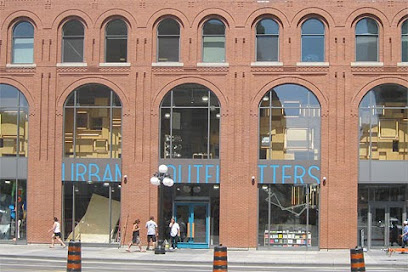
Nostalgia Warehouse
Explore the Nostalgia Warehouse in Ottawa – a unique antique and collectibles store offering a delightful journey through time for all treasure hunters.
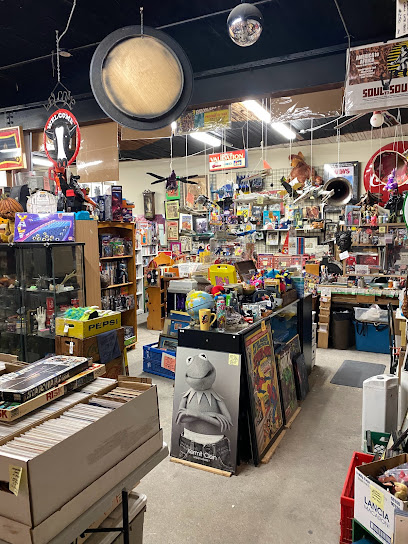
The Gifted Type
Explore Ottawa's hidden gem, The Gifted Type, for unique gifts and charming greeting cards in the heart of the Golden Triangle.
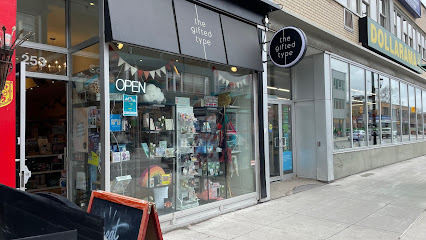
Ragtime Vintage Clothing
Discover unique and timeless fashion pieces at Ragtime Vintage Clothing in Ottawa, where every garment tells a story.
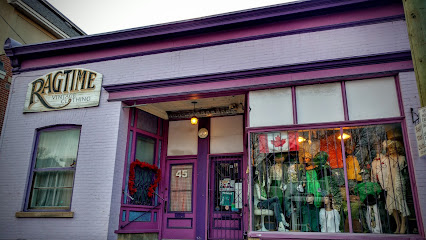
Milk Shop, ByWard Market
Explore the eclectic offerings of Milk Shop in ByWard Market, where unique gifts and stylish accessories await every visitor.
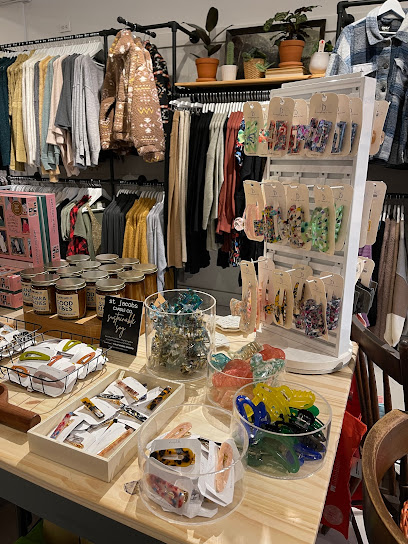
boogie + birdie
Explore boogie + birdie in Ottawa for unique gifts, local artisan creations, and stylish accessories that capture the spirit of the city.
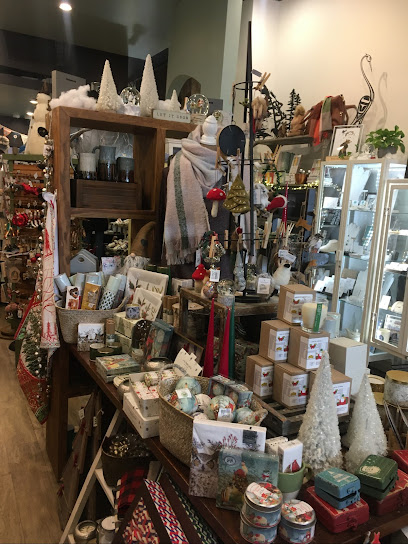
Kindred Shop and Studio
Explore Kindred Shop and Studio in Ottawa for unique gifts, handcrafted jewelry, and stylish clothing that celebrate local artisanship.
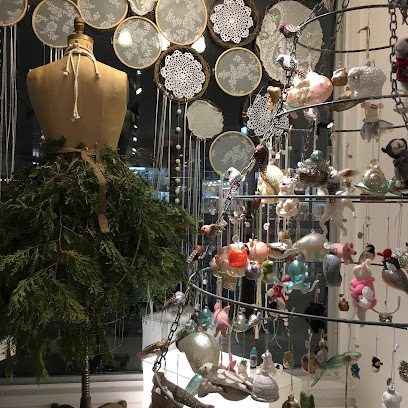
Darling Vintage
Explore Darling Vintage in Ottawa for a unique collection of handpicked vintage clothing and accessories that showcase timeless fashion.
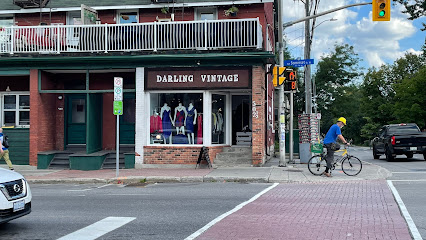
A Fine Thing Furniture
Explore A Fine Thing Furniture in Ottawa's Little Italy for unique antiques and vintage treasures that tell captivating stories.
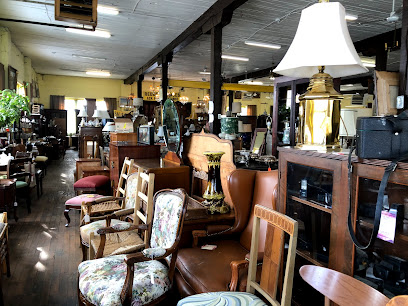
Schad - Women's Fashion Boutique
Explore Schad, Ottawa's premier women's fashion boutique, offering a curated collection of stylish clothing and accessories in the heart of Byward Market.
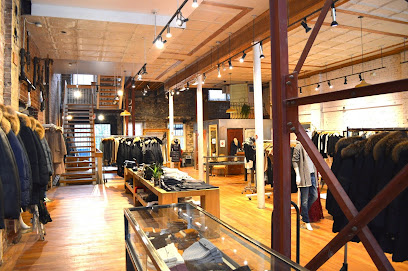
Adorit Boutique
Discover unique fashion and exquisite jewelry at Adorit Boutique, the go-to store for stylish men and women in Ottawa's Byward Market.
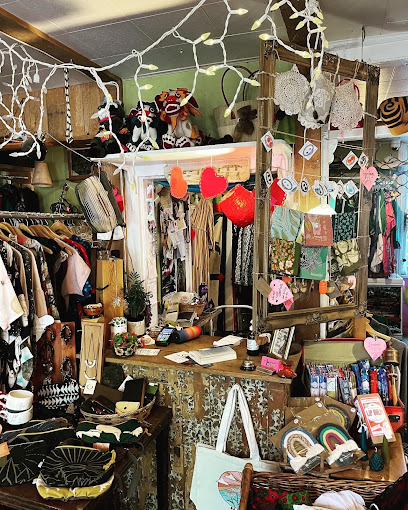
3 Trees
Explore 3 Trees, a unique gift shop in Old Ottawa East, for local crafts, fashion, and one-of-a-kind souvenirs that embody the spirit of the city.
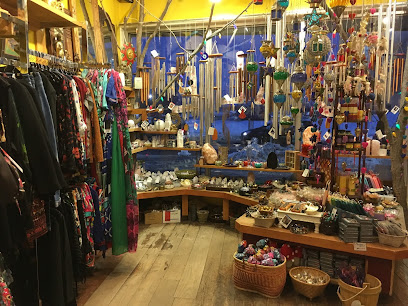
Essential bars & hidden hideouts
Aulde Dubliner & Pour House - ByWard Market, Ottawa ON
Discover Aulde Dubliner & Pour House: Ottawa's premier Irish pub offering authentic cuisine, vibrant atmosphere, and an extensive drinks menu in ByWard Market.
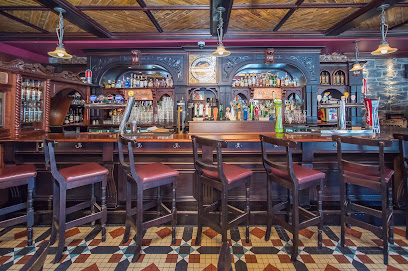
The Lieutenant's Pump
Experience Ottawa's vibrant pub culture at The Lieutenant's Pump, offering delicious food, extensive drinks, and lively atmosphere.
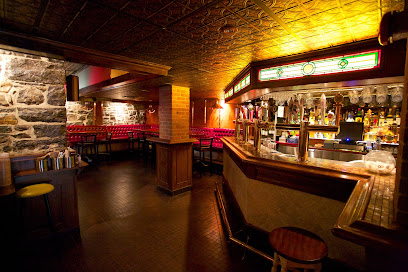
The Laff
Discover The Laff, Ottawa's vibrant bar and live music venue in the Byward Market, where nightlife comes alive with great food and entertainment.
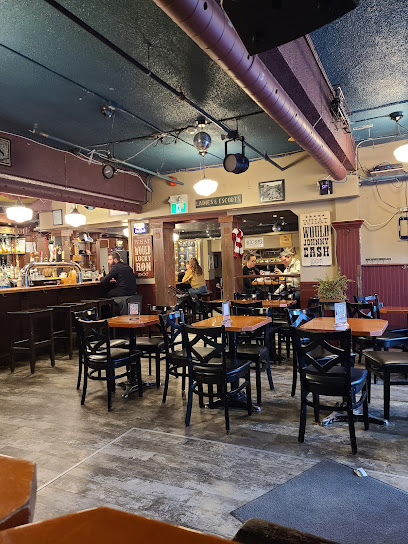
The Manx Pub
Discover the charm of The Manx Pub in Ottawa, a cozy bar and pub offering unique dishes and a fantastic selection of craft beverages.
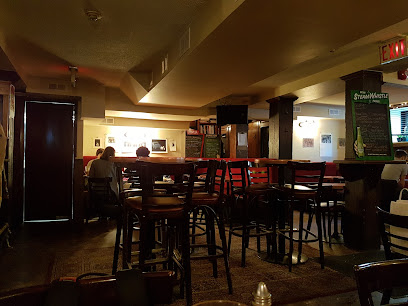
Bar Lupulus
Discover Bar Lupulus in Ottawa for an exceptional selection of wines, craft beers, and delicious gastropub cuisine in a cozy setting.
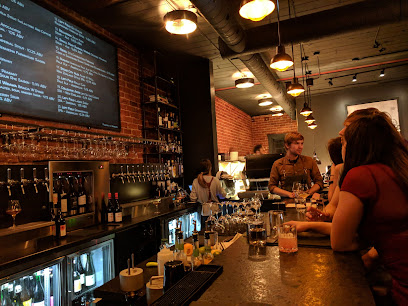
Deacon Brodies Pub
Experience authentic Scottish hospitality at Deacon Brodies Pub in Ottawa, where great food, live music, and a vibrant atmosphere await.
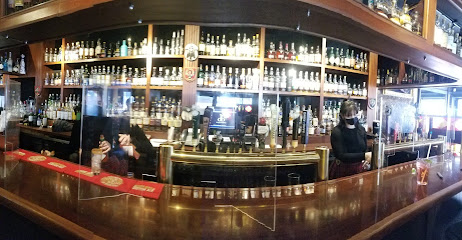
Pour Boy - Somerset
Discover the charm of Pour Boy in Somerset, a vibrant pub offering delicious brunch and a selection of Canadian beers, perfect for tourists.
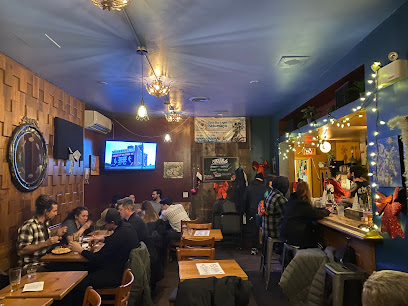
Union Local 613
Discover Union Local 613 in Ottawa, where innovative cocktails meet a cozy atmosphere and a diverse menu inspired by seasonal ingredients.
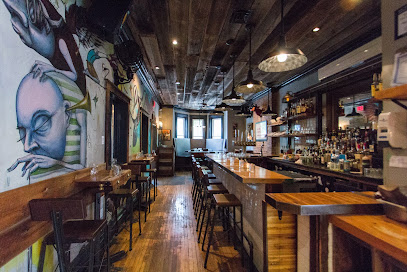
Patty's Pub
Patty's Pub in Old Ottawa South: A Cozy Retreat with Great Food, Local Brews, and Lively Atmosphere.
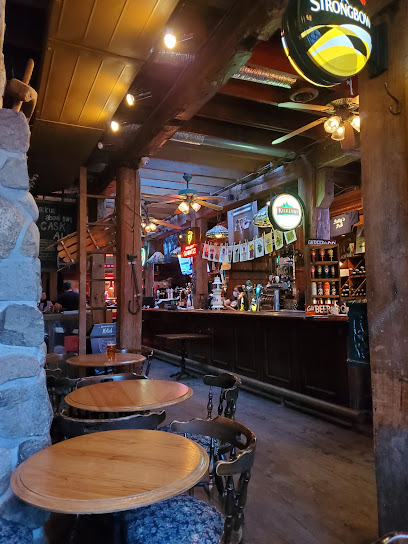
Irene's Pub Restaurant
Discover the lively spirit of Ottawa at Irene's Pub, where delicious food meets live music in a warm, welcoming atmosphere.
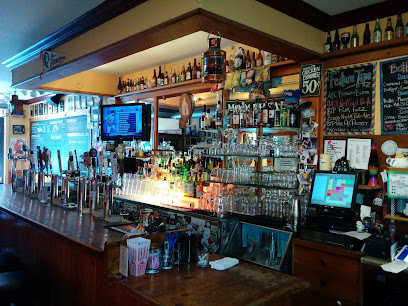
Prohibition Public House
Discover the flavors of Ottawa at Prohibition Public House, a premier gastropub and cocktail bar offering a unique dining experience.
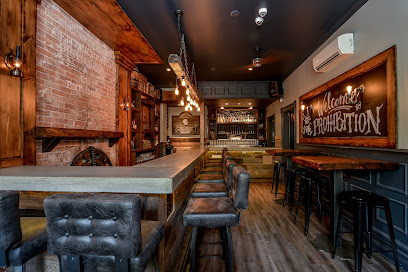
Rabbit Hole
Discover Rabbit Hole in Ottawa: A cocktail bar and oyster haven offering fresh flavors and vibrant nightlife.
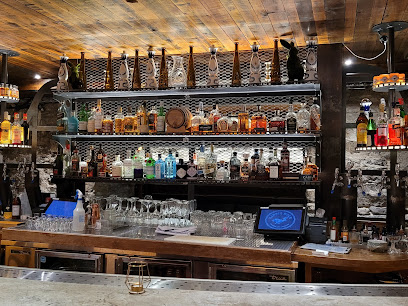
The Moonroom
Experience the charm of Little Italy at The Moonroom, Ottawa's stylish lounge offering exquisite cocktails and a vibrant atmosphere.
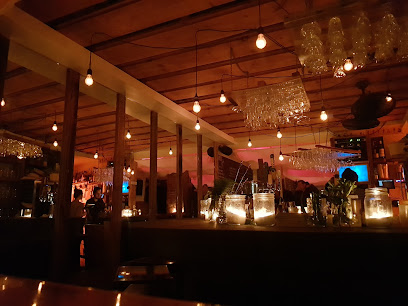
The Lookout Bar
Experience the best of Ottawa's nightlife at The Lookout Bar, featuring karaoke, stunning views, and a lively atmosphere in Byward Market.
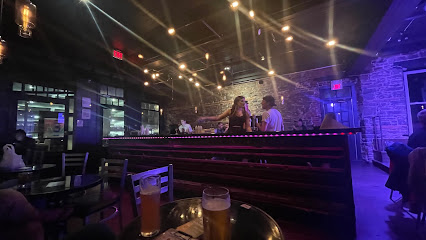
Local Phrases
-
- HelloBonjour
[bon-zhoor] - GoodbyeAu revoir
[oh ruh-vwah] - YesOui
[wee] - NoNon
[nohn] - Please/You're welcomeS'il vous plaît/De rien
[seel voo pleh/duh ryen] - Thank youMerci
[mehr-see] - Excuse me/SorryExcusez-moi/Désolé
[ex-kew-zay mwah/day-zoh-lay] - How are you?Comment ça va?
[kom-mohn sah vah] - Fine. And you?Bien. Et toi?
[byen. ay twah] - Do you speak English?Parlez-vous anglais?
[par-lay voo ahn-glay] - I don't understandJe ne comprends pas
[zhuh nuh kohm-prahn pah]
- HelloBonjour
-
- I'd like to see the menu, pleaseJe voudrais voir le menu, s'il vous plaît
[zhuh voo-dray vwahr luh muh-noo, seel voo pleh] - I don't eat meatJe ne mange pas de viande
[zhuh nuh mahnj pah duh vyand] - Cheers!Santé!
[sahn-tay] - I would like to pay, pleaseJe voudrais payer, s'il vous plaît
[zhuh voo-dray pay-ay, seel voo pleh]
- I'd like to see the menu, pleaseJe voudrais voir le menu, s'il vous plaît
-
- Help!Aidez-moi!
[ay-day mwah] - Go away!Allez-vous en!
[ah-lay voo zahn] - Call the Police!Appelez la police!
[ah-peh-lay lah po-lees] - Call a doctor!Appelez un médecin!
[ah-peh-lay uh may-sahn] - I'm lostJe suis perdu
[zhuh swee pair-doo] - I'm illJe suis malade
[zhuh swee mah-lahd]
- Help!Aidez-moi!
-
- I'd like to buy...Je voudrais acheter...
[zhuh voo-dray zah-shey...] - I'm just lookingJe regarde juste
[zhuh ruh-gard zhust] - How much is it?Combien ça coûte?
[kohn-byen sah koot] - That's too expensiveC'est trop cher
[say troh shair] - Can you lower the price?Pouvez-vous baisser le prix?
[poo-vey voo bay-say luh pree]
- I'd like to buy...Je voudrais acheter...
-
- What time is it?Quelle heure est-il?
[kel uh-ruh ay-tee] - It's one o'clockIl est une heure
[eel ay oon uh-ruh] - Half past (10)Dix heures et demie
[dees uh-ruh ay duh-mee] - MorningMatin
[mah-tan] - AfternoonAprès-midi
[ah-preh-mee-dee] - EveningSoir
[swah] - YesterdayHier
[ee-yair] - TodayAujourd'hui
[oh-zhoor-dwee] - TomorrowDemain
[duh-mahn] - 1Un
[uhn] - 2Deux
[duh] - 3Trois
[trwah] - 4Quatre
[kat] - 5Cinq
[sank] - 6Six
[seece] - 7Sept
[set] - 8Huit
[wheat] - 9Neuf
[nuff] - 10Dix
[dees]
- What time is it?Quelle heure est-il?
-
- Where's a/the...?Où est le/la...?
[oo ay luh/lah] - What's the address?Quelle est l'adresse?
[kel ay lad-res] - Can you show me (on the map)?Pouvez-vous me montrer (sur la carte)?
[poo-vey voo muh mohn-tray (soor lah kart)] - When's the next (bus)?Quand est le prochain (bus)?
[kond ay luh proh-shan (bus)] - A ticket (to ....)Un billet (pour ....)
[uhn bee-yay (poor)]
- Where's a/the...?Où est le/la...?
History of Ottawa
-
Long before European settlers arrived, the area now known as Ottawa was inhabited by the Algonquin people. They referred to the Ottawa River as 'Kitchissippi,' meaning 'Great River.' The river was a vital trade route for them, connecting the Great Lakes with the Atlantic Ocean.
-
In 1613, French explorer Samuel de Champlain traveled the Ottawa River, marking the beginning of European interest in the region. Champlain's journey laid the groundwork for future fur trading expeditions and the establishment of trading posts along the river.
-
Named after Lieutenant-Colonel John By, Bytown was founded in 1826 as a construction camp for the Rideau Canal project. The canal, designed to provide a secure supply route between Montreal and Kingston, remains a key feature of the city and a UNESCO World Heritage Site.
-
In 1857, Queen Victoria designated Ottawa as the capital of the Province of Canada. The decision was influenced by Ottawa's strategic location, which was less vulnerable to American attacks. The construction of the Parliament Buildings began shortly after, solidifying Ottawa as the political heart of the nation.
-
A devastating fire swept through Ottawa and neighboring Hull (now Gatineau) in April 1900, destroying thousands of buildings and leaving many homeless. The disaster prompted significant rebuilding efforts and urban planning reforms that shaped the modern cityscape.
-
During both World Wars, Ottawa played a crucial role in Canada's war efforts. The city was a hub for military planning and production, and sites like the Connaught Ranges were used for training soldiers. Ottawa also hosted numerous war-time government offices and agencies.
-
The post-war years saw significant growth and modernization in Ottawa. In 1967, Ottawa celebrated Canada's centennial with events and exhibitions, including the iconic Expo '67 in Montreal. This period marked a transformation in the city’s cultural and economic landscape.
-
Ottawa is home to several national museums, including the National Gallery of Canada, the Canadian Museum of History, and the Canadian War Museum. These institutions showcase the rich history and cultural heritage of Canada, drawing visitors from around the world.
-
Ottawa is officially bilingual, reflecting the city’s English and French heritage. The city’s diverse population contributes to its vibrant multicultural atmosphere, celebrated through festivals, cuisine, and community events.
-
In recent years, Ottawa has become a center for technology and innovation, often referred to as 'Silicon Valley North.' The city hosts numerous tech companies and startups, fostering a dynamic and forward-thinking economic environment.
Ottawa Essentials
-
Ottawa is served by the Ottawa Macdonald-Cartier International Airport (YOW), located about 10 kilometers south of downtown. The airport offers flights from various domestic and international destinations. From the airport, you can reach the city center by taxi, ride-sharing services, or public transit (OC Transpo bus route 97). Alternatively, Ottawa is well-connected by train via VIA Rail and by bus through Greyhound and other regional bus services. If you are driving, major highways such as Highway 417 and Highway 416 provide easy access to the city.
-
Ottawa's public transportation system, OC Transpo, includes buses and the O-Train light rail. Day passes and Presto cards can be used for convenient travel across the city. Taxis, ride-sharing services, and bike rentals are also widely available. The city is bike-friendly, with numerous cycling paths. For those who prefer driving, car rentals are available, though parking in the downtown area can be expensive and limited.
-
The official currency in Ottawa is the Canadian Dollar (CAD). Credit and debit cards are widely accepted, including in taxis and for public transportation. ATMs are plentiful, particularly in the downtown area. It is advisable to carry some cash for small purchases or in case you visit areas where card payments might not be accepted.
-
Ottawa is generally a safe city for tourists. However, it's wise to exercise standard precautions. Avoid walking alone at night in less populated areas, particularly in certain parts of Vanier and Lowertown. Keep an eye on your belongings in crowded places like the ByWard Market. The city has a visible police presence, particularly in tourist-heavy areas.
-
In case of emergency, dial 911 for immediate assistance from police, fire, or medical services. Ottawa has several hospitals with emergency departments, including The Ottawa Hospital and the Queensway Carleton Hospital. Pharmacies are widely available for minor health issues. It’s recommended to have travel insurance that covers medical emergencies.
-
Fashion: Do dress in layers, especially in winter, as temperatures can drop significantly. Avoid overly casual attire when dining at upscale restaurants. Religion: Do respect local customs when visiting religious sites. Remove hats and keep a respectful demeanor. Public Transport: Do have exact change or a Presto card for bus fares. Don’t occupy priority seating meant for elderly or disabled passengers. Greetings: Do greet people with a friendly 'hello' or handshake. Canadians are generally polite and appreciate good manners. Eating & Drinking: Do try local delicacies like BeaverTails and poutine. Don’t forget to tip (15-20%) in restaurants as it is customary.
-
To experience Ottawa like a local, explore neighborhoods like Westboro and Hintonburg for trendy shops and eateries. Visit the ByWard Market for fresh produce and artisanal goods. Take a stroll along the Rideau Canal, particularly beautiful in winter when it transforms into the world's largest skating rink. Attend local festivals like Winterlude in February and the Canadian Tulip Festival in May. For a less touristy experience, enjoy a picnic at Major’s Hill Park or hike in Gatineau Park, just across the river in Quebec.
Trending Landmark in Ottawa
-
Parliament Hill
-
Canadian War Museum
-
Rideau Canal National Historic Site
-
The National War Memorial
-
Notre Dame Cathedral Basilica
-
Major's Hill Park
-
Confederation Park
-
Royal Canadian Mint
-
Haunted Walk of Ottawa
-
Centennial Flame
-
Rideau Canal, Locks 1 - 8 - Ottawa
-
Pinhey's Point Historic Site
-
Rideau Hall
-
Bytown Museum
-
The Corktown Footbridge
Nearby Cities to Ottawa
-
Things To Do in Montreal
-
Things To Do in Lake Placid
-
Things To Do in Burlington
-
Things To Do in Middlebury
-
Things To Do in Stowe
-
Things To Do in Syracuse
-
Things To Do in Montpelier
-
Things To Do in Rochester
-
Things To Do in Rutland
-
Things To Do in Saratoga Springs
-
Things To Do in Killington
-
Things To Do in Halifax
-
Things To Do in Woodstock
-
Things To Do in Hanover
-
Things To Do in Ithaca





















